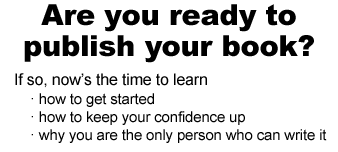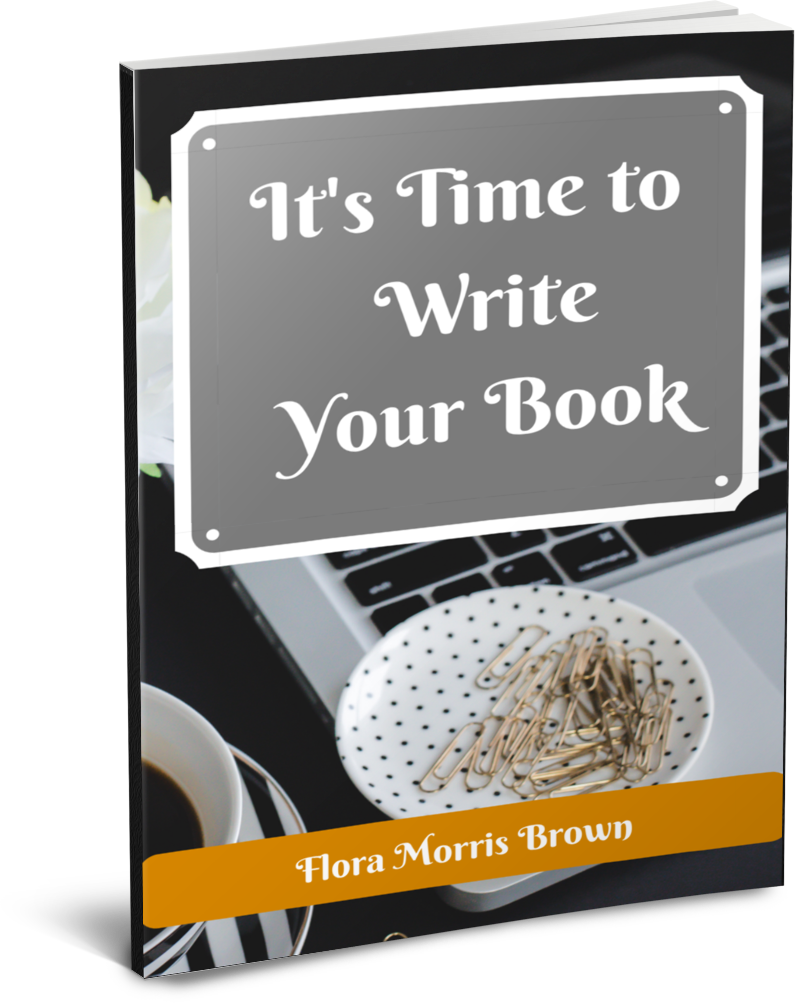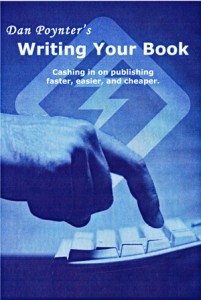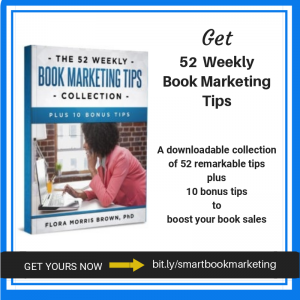 When you began writing your book, you probably visualized it in print , but did you know there is a ready audience for other formats, especially audio books? Not only is there growing demand for audio books, but limited availability of them.
When you began writing your book, you probably visualized it in print , but did you know there is a ready audience for other formats, especially audio books? Not only is there growing demand for audio books, but limited availability of them.
In a recent post, Joanna Penn, at The Creative Penn, featured a guest blogger, Brendan Foley, author of The 5 States of Success: Create Meaningful Success in Your Career, Business & Life, who shared his experiences in creating an audio book. After reading Brendan’s tips examine the extra information Joanna shares. You can read the full post here.
When I left a comment on Brendan’s blog post regarding my own experiences with trying to create an audio book, he generously expanded on the tips he had already given in the article. I’ve put my comment and Brendan’s response below.
Brendan,
Thanks for sharing the steps and tips to creating an audio version of your book. When I set out to create an audio version of just a 34 page ebook, I discovered what a monumental task it is.
First mistake: I didn’t create a script. After all, how hard could it be to read my own nonfiction work?
Second mistake: I found myself wanting to reword what was on the page as I thought of better ways to express the text.
Third mistake: I tried to record the whole ebook in one sitting. Exhausting.I haven’t finished that recording yet, but with the tips and sources offered in this post I’m encouraged to return to creating my audio book.
As for turning my 213 pg print book into audio, I’m very definitely investigating the services who have proper studios and know what they’re doing.
Blessings,
Flora















———————————
If you are ready, I’d love to be your travelling companion to make your writing journey a fun trip with a soft landing. Once you’ve completed your manuscript, you can convert it to many profitable formats. Begin with the 7-Step Roadmap to Publishing Success at http://www.abookin90days.com